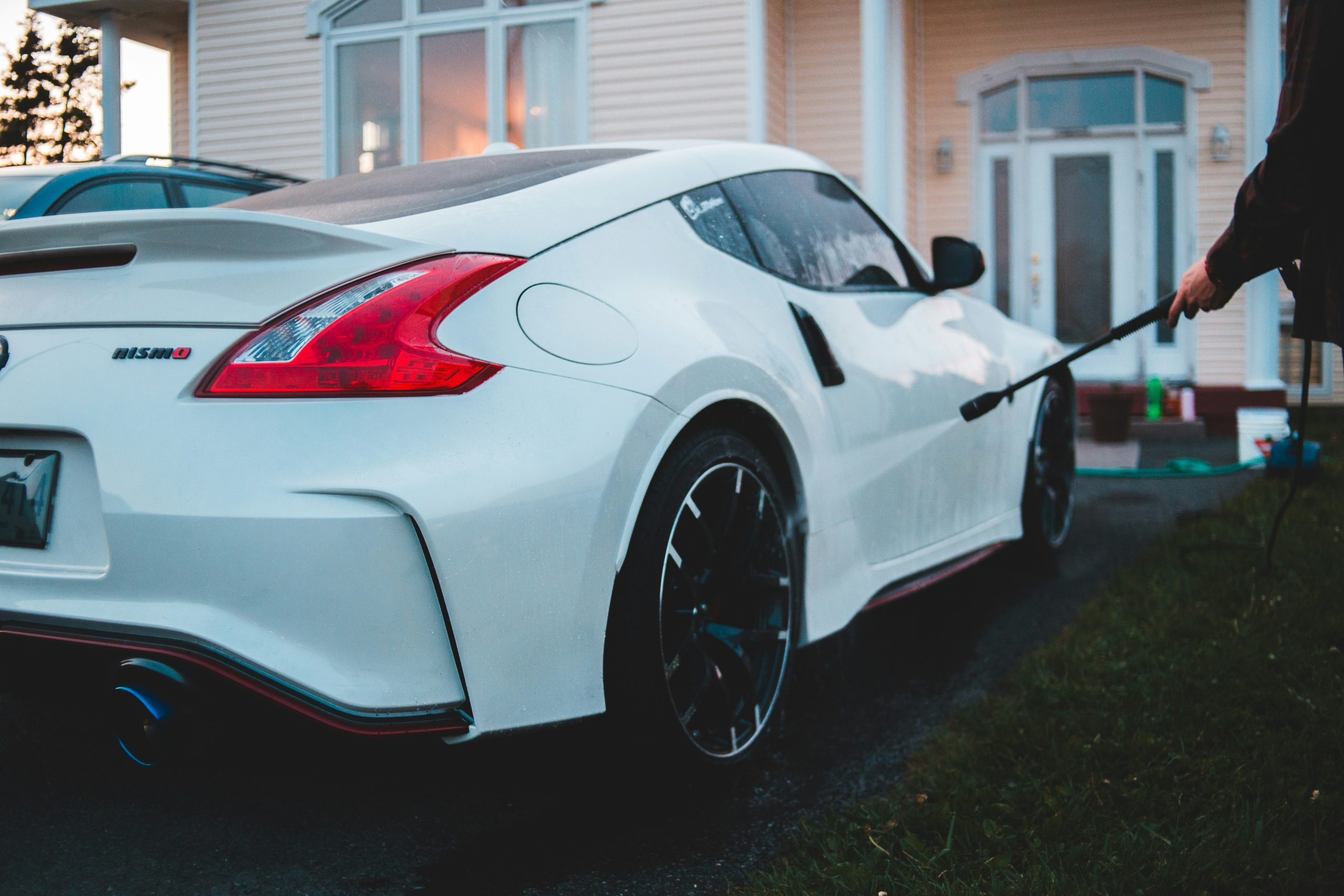Hip-Hop’s Luxury Car Obsession: Cultural Symbolism in Automotive Bling
Hip-hop and luxury cars have a long-standing and inseparable relationship. From the flashy rims and top-of-the-line models to the customized paint jobs and high-end audio systems, hip-hop culture has long been tied to automotive bling. For decades, rappers and car enthusiasts alike have embraced luxury cars as a symbol of success, wealth, and status. But the obsession with luxury cars in hip-hop goes beyond flashy displays of wealth. It is also deeply intertwined with cultural symbolism, representation, and identity. In this article, we will delve deeper into hip-hop’s luxury car obsession and explore the cultural significance of automotive bling.
The Rising Popularity of Luxury Cars in Hip-Hop
The connection between hip-hop and luxury cars dates back to the 1980s and 1990s, when rappers like Jay-Z, Notorious B.I.G., and Snoop Dogg began showcasing their flashy cars in music videos and concerts. As the genre gained mainstream popularity, so did the obsession with luxury cars. Rolls Royce, Bugatti, Maybach, and Lamborghini became synonymous with rappers and their lyrics.
The rise of hip-hop in pop culture has also led to an increase in luxury car sales. According to a report by Edmunds, luxury car sales have risen by 35% since 2013, largely due to the influence of hip-hop and its depiction of luxury cars as a symbol of success and wealth. It is not uncommon to see young rappers spending millions on luxury cars, from Drake’s Rolls Royce Phantom to Travis Scott’s limited edition Lamborghini Aventador.
The Cultural Symbolism of Luxury Cars in Hip-Hop
While luxury cars in hip-hop may seem like a mere display of wealth, there is a deeper cultural symbolism at play. For many rappers, their journey from poverty to success is reflected in their choice of luxury cars. From growing up in rundown neighborhoods to owning a customized Ferrari, luxury cars represent the American Dream for many hip-hop artists.
Moreover, luxury cars in hip-hop often serve as a way for rappers to reclaim their power and identity. Historically, luxury cars have been associated with the wealthy white elite, and for marginalized communities, owning a luxury car can be a way to challenge societal norms and assert their own power and worth. As rapper Nipsey Hussle once said in an interview, “Hip-hop has always been aspirational. It’s about taking something that was low value and turning it into something of high value. That mentality… is what’s made people proud when they got money and got success.”
The Evolution of Automotive Bling in Hip-Hop
As hip-hop and luxury cars continue to evolve, so does the concept of automotive bling. In the early days of hip-hop, bling was all about the exterior – the shiny rims, the fancy paint jobs, and the extravagant customization. However, as the genre has become more mainstream, bling has shifted from just the exterior to the interior as well.
Today, it is not uncommon to see rappers showcasing their luxury car’s sound system or customized interior in their music videos or on social media. Additionally, rappers have also started incorporating luxury cars into their branding, with some even releasing their own limited edition models in collaboration with car companies.
The Impact of Hip-Hop’s Luxury Car Obsession
The rise of hip-hop’s luxury car obsession has not only influenced the world of music and fashion but has also had a significant impact on the automotive industry. As rappers continue to showcase their love for luxury cars, car companies have started to cater to this market and release more high-end and limited edition models. The customization and personalization trend set by hip-hop has also become popular among car enthusiasts of all backgrounds.
Moreover, the cultural representation of luxury cars in hip-hop has opened up discussions on wealth inequality and the role of material possessions in society. While hip-hop’s luxury car obsession may seem frivolous to some, it has sparked important conversations on representation, identity, and cultural appropriation.
In Conclusion
Hip-hop’s luxury car obsession is more than just a display of wealth and success. It is a reflection of the cultural significance of luxury cars in mainstream media, as well as a way for marginalized communities to reclaim their power and identity. As hip-hop and luxury cars continue to evolve and intersect, it will be interesting to see the impact they have on each other and society as a whole.











